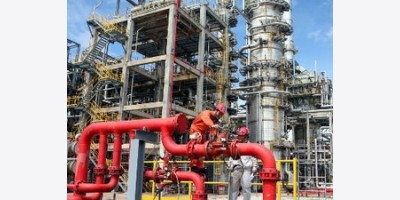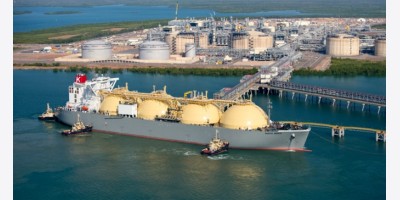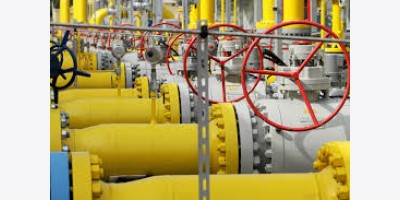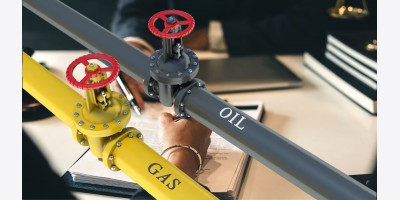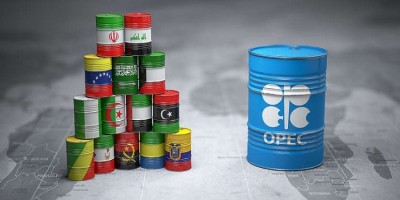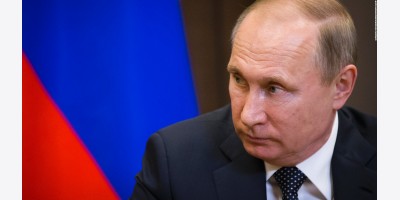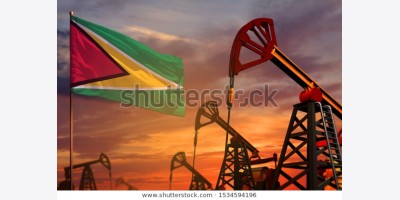Ravender Sembhy
Saudi Arabia's attempt to crush the US shale industry is backfiring. Brent crude is trading at about $48.52 (£31) per barrel, compared with $107 (£69, €98) in June 2014, largely due to massive overproduction by Riyadh, which is pumping out 10.6 million barrels per day.
The Gulf state's response to the rise of shale oil and gas fracking in the US – which threatens to reduce global reliance on Saudi oil – has been to ramp up production, deflate prices and hope to drive American shale producers out of business.
The US shale industry has not only held up by utilising technological efficiencies and cutting costs but is churning out 9.6 million barrels per day, a 43-year high. Saudi Arabia's central bank even acknowledged recently: "It is becoming apparent that non-OPEC producers are not as responsive to low oil prices as had been thought." The repercussions are now having a detrimental effect on the Saudi economy.
Black gold
The Kingdom's reliance on oil and gas is indicative of why its policy makers made the gamble they did. The energy sector makes up 45% of GDP, accounting for 90% of all Saudi exports. Most importantly, it bankrolls 80% of the government's budget. Falling income from oil means the country is now overspending. According to the International Monetary Fund, the country, which is accustomed to surpluses, will run a budget deficit of about $140bn in 2015, 20% of GDP.
Tim Callen, from the IMF, said: "A sizeable fiscal policy consolidation will be needed over the next few years to put the deficit on a gradual but firm downward path. Improving the efficiency of government spending, comprehensive energy efficiency and price reforms, and expanding non-oil revenues will need to form central elements of the fiscal consolidation strategy."
In order to make up the deficit, the country is tapping its pool of foreign currency reserves, eating up more than $60bn this year so far. It is also planning a $27bn bond issue to add to the $4bn it borrowed in July.
Austerity?
Crude Oil Prices and Opec
'The decline in oil prices has emphasised the importance of economic diversification'(Reuters)
Experts believe government spending will also have to be reined in, the private sector take more of a role and the economy weaned off oil.
Callen added: "The decline in oil prices has emphasised the importance of economic diversification. Policies are continuing to strengthen the business environment, but more needs to be done to encourage firms to focus more on tradable rather than non-tradable production in the non-oil sector.
"With employment in the government sector at a very high level, more jobs for nationals will need to be created in the private sector to employ the new labour market entrants."
However, with the population used to an array of benefits such as tax-free income and military spending on an upward curve, it may prove difficult.
King Salman bin Abdulaziz Al Saud, who was appointed the country's ruling monarch in January, showed little sign of austerity when he splurged $32bn on public sector bonuses on his anointment. Also eating into expenditure is a costly military intervention in Yemen and the potential re-emergence of Iran into global oil markets may muddy the waters further.
Blame game
In February, Standard and Poor's downgraded Saudi Arabia from stable to negative, warning the economy is "undiversified and vulnerable to a steep and sustained decline in oil prices".
For now, the country has ample foreign reserves to keep playing the game, but not indefinitely. Foreign reserves stand at $672bn, down from $737bn in August 2014 and falling by about $12bn a month. It is a quagmire of Riyadh's own making and, on its current trajectory, Saudi Arabia could be about to lose the war it initiated.
Source: IBTimes.co.uk





